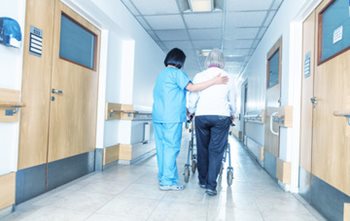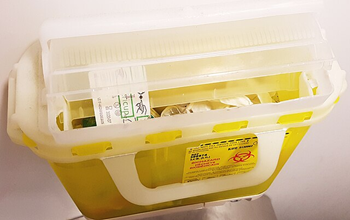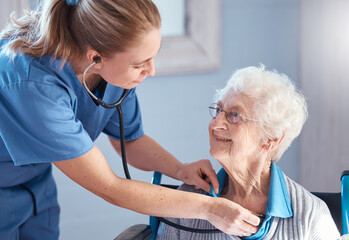
Fall Management and Prevention: A Crucial Priority for Healthcare Professionals
Falls are one of the most common and serious safety issues in healthcare settings, particularly among older adults and individuals with mobility challenges. They can lead to fractures, loss of independence, hospitalization, and even death. For healthcare professionals, preventing falls is not just a clinical concern—it’s a critical component of patient safety and quality care.
Why Falls Happen
Falls can result from a combination of intrinsic and extrinsic factors:
- Intrinsic factors: Muscle weakness, balance deficits, vision impairment, cognitive decline, and medication side effects.
- Extrinsic factors: Poor lighting, cluttered environments, lack of assistive devices, and slippery floors.
Best Practices in Fall Prevention and Management
Healthcare professionals can reduce fall risks by implementing evidence-based strategies:
- Routine Risk Assessments – Use standardized tools to identify high-risk individuals.
- Medication Reviews – Evaluate medications that may cause dizziness or sedation.
- Environmental Modifications – Ensure clean, clutter-free areas with adequate lighting and safety features.
- Staff Education – Train staff in fall risk recognition and prevention interventions.
- Post-Fall Evaluations – Analyze why the fall occurred and adjust care plans accordingly.
- Patient and Family Involvement – Educate patients and families about risks and how to reduce them.
Continuing Education: A Key to Fall Prevention Success
Ongoing training helps ensure that healthcare professionals remain updated on best practices. That’s why Pedagogy Education offers a wide variety of high-quality, expert-led CEU/CNE courses focused on fall prevention and management.
Explore Pedagogy Education's Full Suite of Fall Prevention Courses
Here are all of our current fall prevention and management offerings:
- The Fall Prevention Care Process
- Post-Fall Management
- Organizing and Implementing a Fall Prevention Program
- Managing Falls In the Nursing Home: Who, Why, and What?
- Fall Prevention: Introduction to Root Cause Analysis
- Guidance on Avoidable Falls and Position Change
- Guidance on Urinary Symptoms and Fall Risks
- Fall Prevention: Guidance on Utilizing Fall Alarms
- Fall Prevention: Guidance on Utilization of Low Beds
- Fall Prevention: Fall Risk Monitoring Strategies
- Fall Prevention: Guidance on Change of Condition
- Fall Prevention: Guidance on Nursing Home Falls and Legal Liability
- Fall Prevention: Communication and Teamwork
- Fall Prevention: Bed, Bedroom, and Bathroom Safety
- Fall Prevention: A Best Practice Approach
- Fall Prevention: Bed Safety
- Fall Prevention Continuing Education Package
Empower yourself and your team to take a proactive approach to fall prevention. Explore these courses and become a leader in patient safety with Pedagogy Education.

